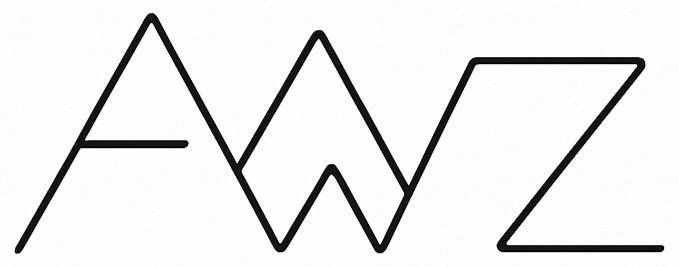In our culture, we say: The world is yours.
Xatar wasn’t just a rapper. He proved we exist. And this was everything for us.
The Rapper Xatar. Image credits unknown.
There’s this thing that happens when you're Kurdish and grow up in Germany.
You scan every face on TV. Every rap lyric. Every joke. Every ad. Every red carpet.
Looking for a glimpse — a word, a flag, a last name — something that says you're not invisible.
And then, one day, he shows up.
Big coat. Deep voice. Gold teeth. A name that means danger.
And suddenly, the silence breaks.
Xatar wasn’t just an artist. He was evidence.
That we, the children of no country, no welcome, no map — are here.
Loud. Unapologetic. Visible.
A life between extremes
Born in the mountains. Raised in Bonn.
Piano lessons and prison gates.
Stolen gold and Number-1 albums.
Immigrant dinners and philharmonic halls.
His life didn’t make sense.
It refused to make sense.
And still, it worked.
Because that’s what we do — we remix contradictions until they become a sound system.
He didn’t walk the line. He built a different one.
And let others follow.
Everything or nothing — no middle lane
“Alles oder Nix” which means everything or nothing in German wasn’t branding. It was survival logic.
When you’re not invited in, you build your own label.
Your own artists. Your own myth.
And if they won’t hand you the mic, you still record in prison.
If they won’t play your song, you turn the meme into capital.
If they say Kurds don’t belong here —
you show the flag in the music video, and rap it into the mainstream.
Xatar didn’t code-switch.
He culture-switched.
From gangsta to businessman. From refugee kid to media mogul.
He didn’t just belong — he made belonging look inevitable.
For us, he wasn’t perfect. He was real.
We didn’t need a role model.
We needed a reference.
And that’s what he became.
The first time some of us heard a rapper say “Kurdistan,” it wasn’t in a documentary.
It was on a beat.
He didn’t hide the mess.
He didn’t shrink the myth.
He carried all of it — gold and guilt, bars and bruises — and still made it into a brand.
That mattered.
Especially to the kids on the schoolyard who had no one to point to when someone said,
“Kurdish? What’s that?”
Now we had someone.
He made space and took his rightful place.
Not in the polite sense.
In the kick-down-the-door sense.
The kind of space that doesn’t wait for permission.
The kind that says:
You don’t need to assimilate when you can resonate.
He didn’t just bring Kurds to the stage.
He brought the whole block:
Albanians, Arabs, Turks, Afghans, Africans, Germans — all in the same breath.
And somehow, it made sense.
Because it was honest.
Because it was ours.
While other rappers traded diss tracks, he called out ISIS.
Not for clout - for culture.
Because some threats are bigger than beef.
And some bars are built for history.
He died early. But he arrived fully.
We won’t remember the gold.
We’ll remember the fire.
The quotes. The voice.
The line that made you stand up straighter on the bus.
The song that made you feel sharper walking home.
The unfiltered presence that made us believe:
Yes — we’re here.
And yes — we can do it.
Not because it’s easy.
But because someone already did it without asking first.
Rest in peace, Xatar.
You weren’t flawless. You were the blueprint.
You weren’t safe. You were necessary.
You weren’t just one of us.
You were the proof we needed that we are already enough.
For further information read here:
https://www.rollingstone.de/xatar-erinnerungen-an-den-moeglichmacher-des-hiphop-3023065/
https://www.faz.net/aktuell/gesellschaft/menschen/nachruf-auf-rapper-xatar-er-stand-immer-wieder-auf-110469664.html
https://www.instagram.com/p/DJev-1usDlJ/?img_index=1

